
Ecology News in 2017: Ecology is the biological study of interactions among organisms to their ecosystems/environments. Here are the top 11 ecology news, ecology-related research, studies, and technology advancements for the year 2017.
Table of Contents
- Top Ecology News in 2017
- Aqua Satellite Shows High Rise in Temperature
- Scientists Predict Longer Summer Due To Increased CO2 By 2050
- Big Data Study Reveals Decline in Species Due To Political Situations
- Coral Reef Ecological Balance Restoration By Underground Nurseries
- Arctic and Antartic Region Bacteria Share Similarities
- Study Estimates Accurate Amount of Rainfall For Plant Growth
- Scientists Study Effects of Climate Change on Plants
- Ecologists Observe Increased Frequencies of Fires in Tundra Regions
- Special Drones Help To Assess The Crop Damage
- Study Confirms Annual 36 Billion Tons of Soil Loss
- Wild Bear Population Exploded in Malaysia in 2017
Top Ecology News in 2017
Aqua Satellite Shows High Rise in Temperature
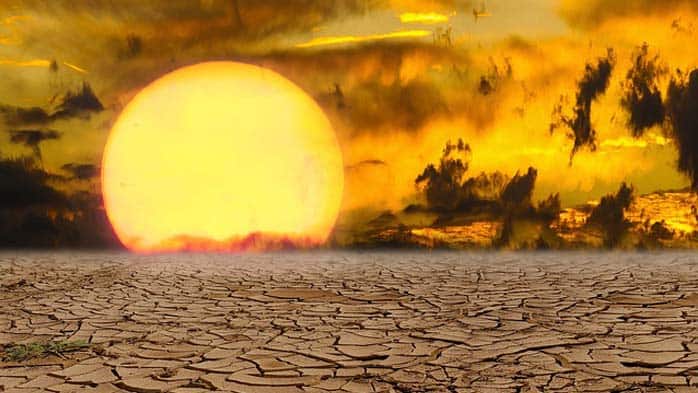
Ecologists at the Oregon State University studied data from NASA’s Aqua satellite. The records from the data showed that extremes in higher temperature occurred around the same time as severe droughts in the tropics and heat waves in the northern hemisphere.


Scientists Predict Longer Summer Due To Increased CO2 By 2050
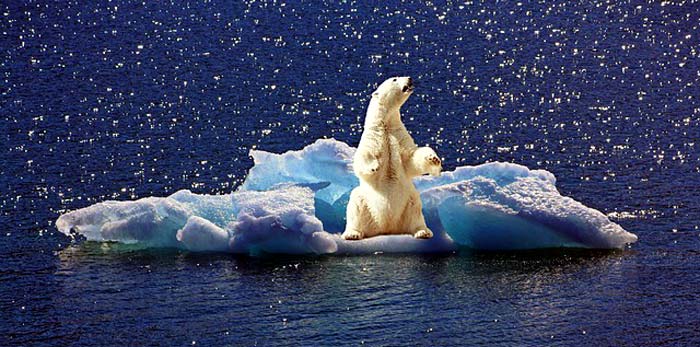
Scientists at the University of Hampshire are predicting that climate change could be more rampant through the mid of the 21st century and weather conditions could take the downward plunge in the future. Increased carbon dioxide emissions could lengthen summer months and lead to a decrease in snowfall.


Big Data Study Reveals Decline in Species Due To Political Situations
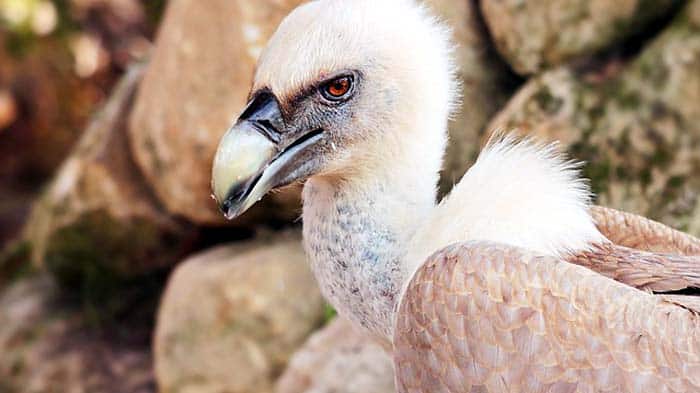
Results from a big data study at the global scale reveal that countries whose socio-political situations involves unrest and problems show a decline of species. An ineffective national government was more likely to cause a decline in species of that country.


Coral Reef Ecological Balance Restoration By Underground Nurseries
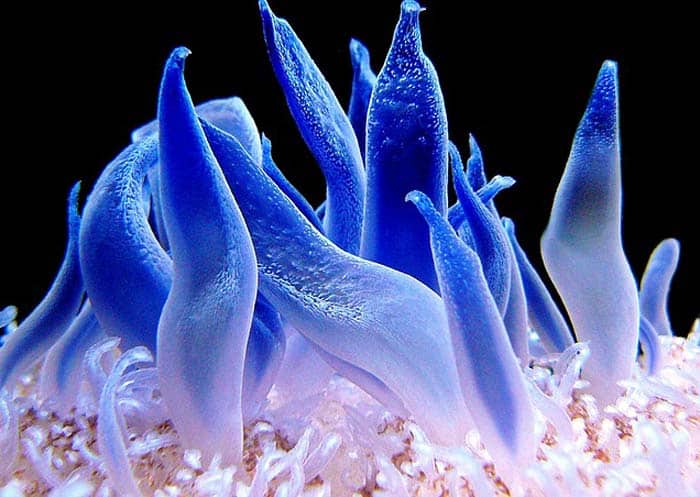
Coral grown in underground nurseries can be transplanted onto coral reefs to prevent loss of coral reefs. A new study has shown that efforts to restore the reef can positively affect the fish population.


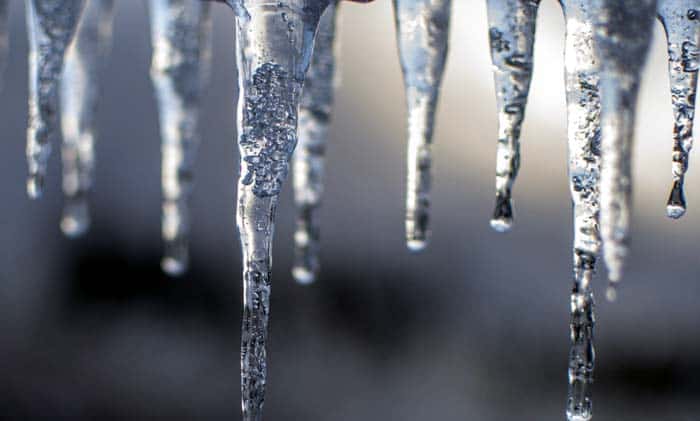
Researchers have recently performed a study which involved comparison of bacterial species from the arctic and the Antarctic. They discovered that bacteria isolated from the two poles shared similarities.


Study Estimates Accurate Amount of Rainfall For Plant Growth

Researchers at the Oregon state university have discovered the ideal rainfall and climatic conditions for plant growth which is in between too hot and too cold. However, the landscapes that possess such conditions have a high chance of shrinking and being unavailable for plants.


Scientists Study Effects of Climate Change on Plants
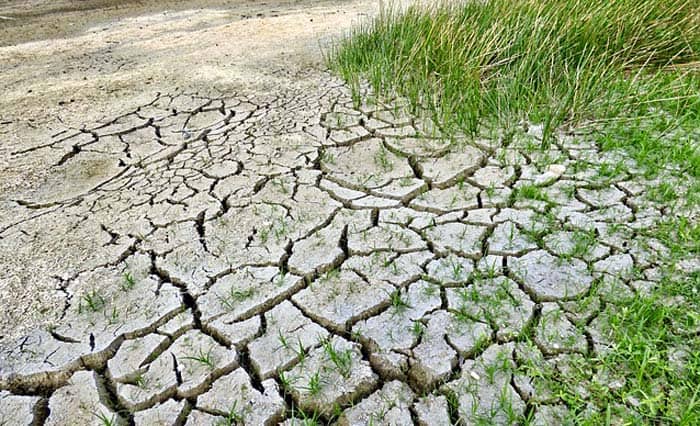
A new technology developed by scientists at the University of Tubingen can help predict the reaction of plant species towards climate change. In this experiment, the climate conditions for the plants were changed to observe how they react to future climatic conditions.


Ecologists Observe Increased Frequencies of Fires in Tundra Regions
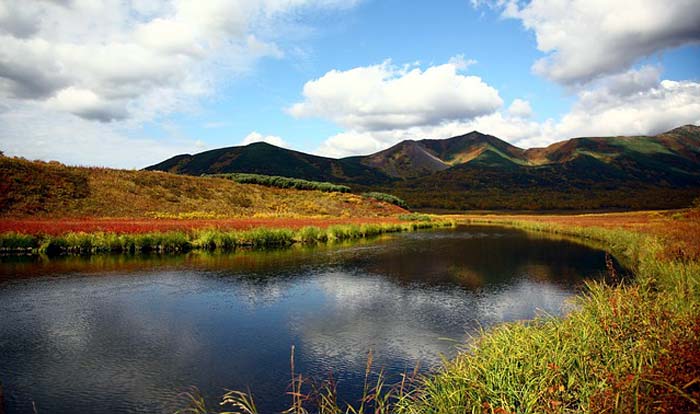
The frequencies of fires in the tundra region are seen to be on the rise. Changing climatic conditions have a negative effect on the forests of the tundra region, increasing their likelihood to face extreme drought. Due to climate change, the frequencies of fires in the tundra region are seen to be on the rise.


Special Drones Help To Assess The Crop Damage
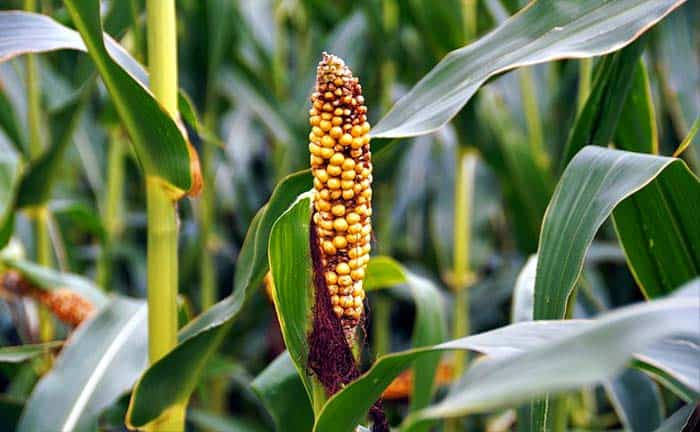
Researchers at the University of Antwerp have developed a new drone-based method to observe and estimate crop damage caused by wild bears, thus saving a lot of costs. Current methods of estimating crop damage are long and expensive.


Study Confirms Annual 36 Billion Tons of Soil Loss
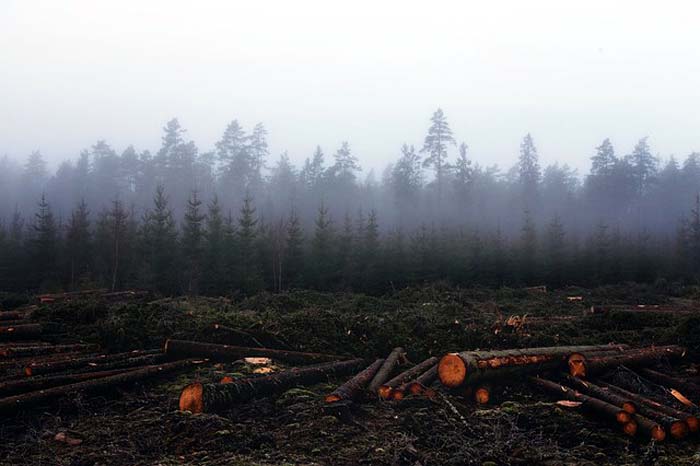
Statistics from a recent study revealed that almost 36 billion tons of soil is lost every year due to deforestation and other conditions. This global soil erosion model combined with space imaging and rainfall data can perhaps help curb soil loss in the future.


Wild Bear Population Exploded in Malaysia in 2017
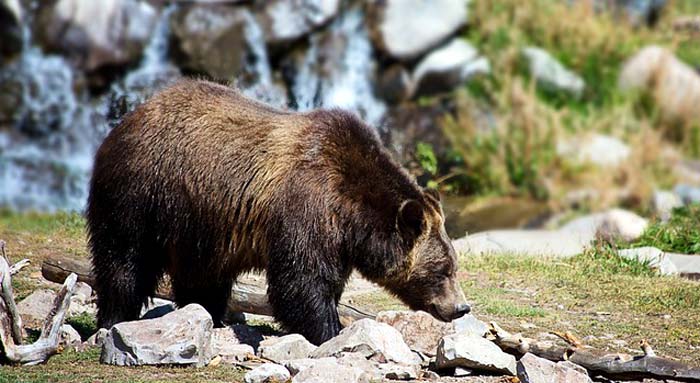
Researchers in Malaysia have studied the effects of nearby oil palm plantations, on forest ecology. The palm oil trees produce a fruit that attracts the bear population that grew 100-fold being close to a food source. These wild bears then damage nearby forests and prevent them from regenerating.
























